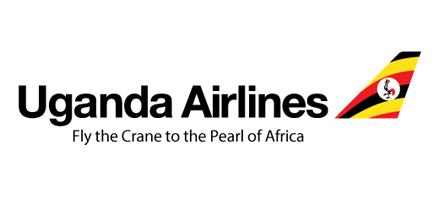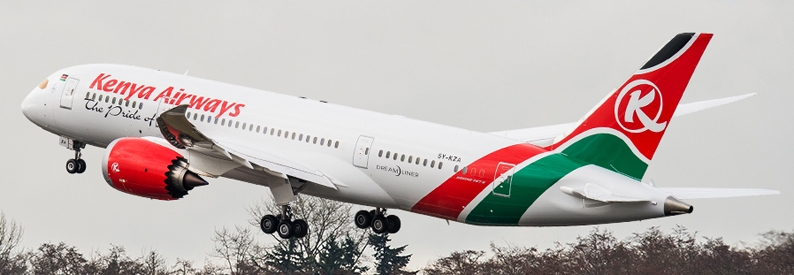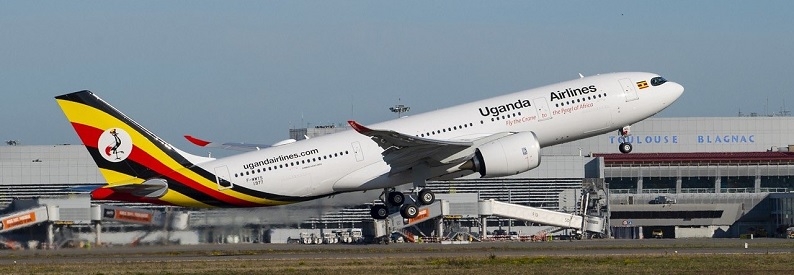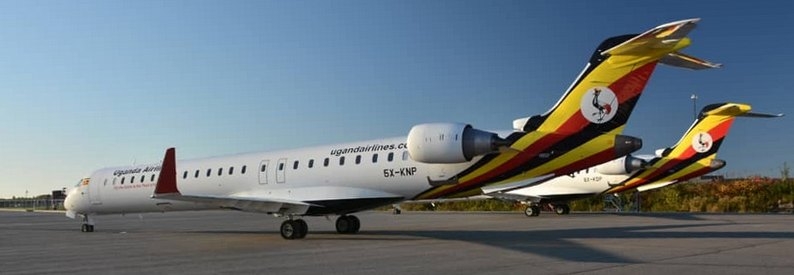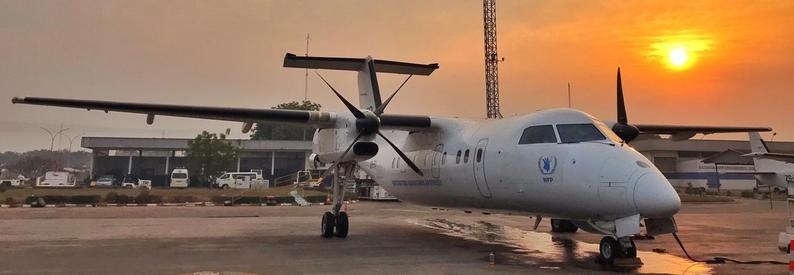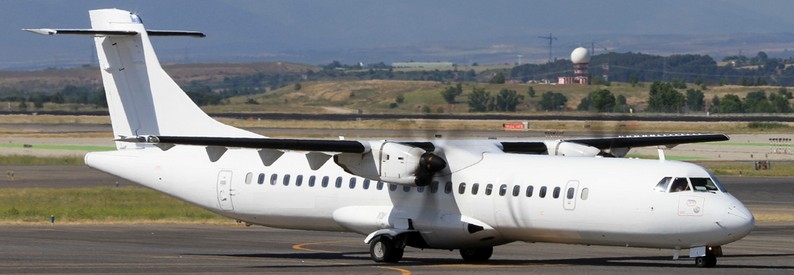Uganda Airlines (UR, Entebbe) remains in its investment phase and discussions about profitability can only begin once that stage is complete, according to Uganda’s secretary to the Treasury, Ramathan Ggoobi.
He made the remarks at the recent Uganda-United Kingdom Trade and Business Forum hosted by Uganda Airlines in Kampala, an event held ahead of the airline’s inaugural flight between Entebbe and London Gatwick, scheduled for May 18.
"You don’t start making profits in the investment phase. Uganda Airlines is just investing. I want to make that clear to all Ugandans, please understand this," Ggoobi said. "We are investing in Uganda Airlines. Don’t compare it with Ethiopian Airlines or British Airways."
He said the government plans to expand the airline’s fleet with additional aircraft, including mid-range planes for regional routes, smaller aircraft for domestic service, and cargo planes.
"After that, we should start to talk about profitability. Now, we are talking about investment," he reiterated.
Although still loss-making, Uganda Airlines reduced its losses by 26.5% from UGX323.6 billion shillings (USD88.3 million) in 2022/23 to UGX237.8 billion (USD64.9 million) in 2023/24, according to the Ugandan Auditor-General's report for the financial year ending June 30, 2024.
He noted that the airline's management was in the process of developing a "new 10-year strategy hinged on financial sustainability, operational efficiency, learning and development, and stakeholder engagement. The corresponding initiatives are geared towards revenue enhancement and better cost control."
Fleet modernisation and growth
Speaking at the same forum, Uganda Airlines CEO Jenifer Bamuturaki said the national carrier is expanding its international operations in line with global environmental standards. She noted the European Union's ReFuelEU Aviation regulation mandating that starting April 2025, aviation fuel suppliers must blend a minimum of 2% sustainable aviation fuel (SAF) into the conventional jet fuel supplied at EU airports.
She said the carrier is now reporting carbon emissions quarterly and highlighted that its two A330-800Ns are environmentally compliant. The current fleet also comprises four CRJ900LRs and one A320-200 wet-leased from DAT (Lithuania), ch-aviation Commercial Aviation Aircraft Data data shows.
As previously reported, the A320 wet-leases are a short-term capacity-crunch solution pending the planned dry lease in June 2025 of two A320-200Ns, which in turn are to bridge the capacity gap ahead of a planned order from Airbus of four A320neo for long-term medium-haul needs - to be delivered after 2030 pending the first delivery slots.
The Ugandan government also intends to order two B787s from Boeing for delivery between 2029 and 2030 for the airline's long-term long-haul requirements. In December 2024, the Ugandan cabinet approved the acquisition from Boeing of two freighters, a narrowbody B737-800(BCF) and a widebody B777F.
